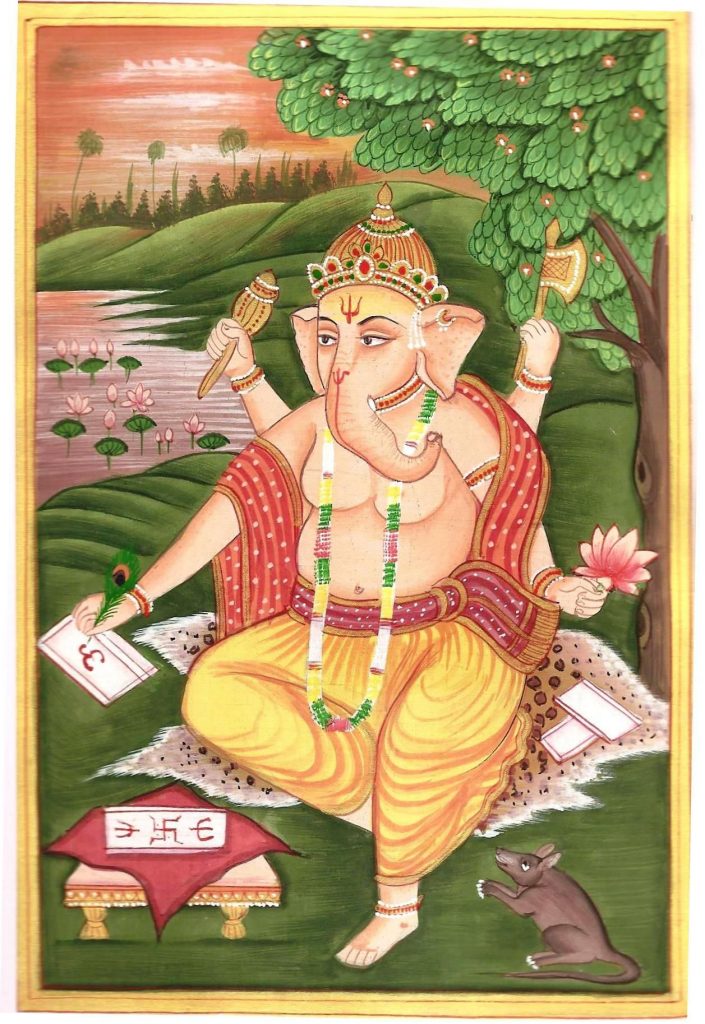Is writing a skill, or an art?
Does it come naturally to people, or is it cultivated?
In either case, how do you go about it?
How important is language and structure? Should I focus on them, or should I just write whatever comes in flow?
The answer to all of the above questions is – IT DOES NOT MATTER.
What matters is, why haven’t you started yet??
Aparigraha through writing
Write for 3-5 minutes everyday
Difficulty level – 1 (easy to execute)
Time commitment – 10 minutes everyday
Time commitment – 10 minutes everyday

This exercise is simple. All you need to do, is write something that no one else will see. Just you. But, you have to follow a short process, and a few house rules.
- Write at the same time everyday – Can be in the morning, or in the evening, or anytime during the day. But choose a time, and stick to it.
- Write at the same place everyday – This can be your study table, or bed, or couch – wherever it is, use the same place every time you write.
- The same pen, and book – Yes, you have to write, not type. It will be tough in the beginning, since we have lost our writing habits. But putting pen to paper is important – it brings back a sense of nostalgia (from the days when you used to write) and you feel a connection, which electronic media cannot bring. Also, choose a good pen (not necessarily expensive), and a easy-to-hold book.
How you do it
Join your hands in anjali mudra (namaste), in front of your heart, close your eyes, and take in 4-5 deep breaths until you feel your heart rate slow down. This will help you calm down, relax and open up to the exercise. Then, write!

What do you write
First, write down one strong negative emotion that you felt during the day, and describe the related situation vividly. Once done, write down one strong positive emotion that you felt during the day and describe the related situation vividly. Write this as a conversation with yourself, and so the focus should be on reliving the feeling, rather than trying to polish the language. Let the words flow freely, don’t go back to correct words and sentences. You may find yourself scratching out some mistakes, that is fine, as long as you don’t dwell on it. The mistakes, the handwriting, the language, all are part of the learnings of the exercise.
Once you finish writing, close your eyes, hands in chin/jnana mudra, and feel the emotions of what you wrote, flowing away…like the water on the beach that comes in slowly, and takes a bit of sand back with it.…try to let go of the negative emotion, now that it is externalised onto the book, and also try to let go of the positive emotion, once you feel it’s warmth.
Do this for two minutes, and then open your eyes.
Aparigraha – not holding on to experiences, both positive and negative. Just experiencing.
Emotions are just what you feel, not what you are. Suffering happens when you cannot let go, or distance yourself from negative emotions. Suffering also happens when you cling on to positive experiences, which by their very nature, are momentary – they have to end sometime.
Writing down your negative and positive experiences helps to externalise your emotions – separating them from our core being.
We always say – I am angry, or I am happy, or I am sad…try instead to say – I am feeling angry, or I am feeling happy. This simple step helps the brain to understand that these emotions are feelings that you experience, and not an integral part of what you are. Distancing from emotions is the first step in feeing better, and at peace.
This does not mean that you become non-emotional – or cold as stone.
Emotions are to be felt and experienced. This is what makes us humans. The problem happens when we hang on to them.
Do this exercise for 21 days, and every week, spend an additional ten minutes in looking through what you wrote during that week. Pay special attention to how you wrote it – was your handwriting illegible, irregular, or full of mistakes? Chances are that you were describing a negative emotion. You may also find (like I did) that your writing starts smoothening out within 2 weeks of commencing the exercise – a sign that you are now able to reconcile with your emotions better, and more peaceful. Try it, and then make it a habit:)
Wilting flowers do not cause suffering; it is the unrealistic desire that flowers will not wilt that causes suffering. – Thich Nhat Hanh.
“And how is an individual like an inscription in water? There is the case where a certain individual—when spoken to roughly, spoken to harshly, spoken to in an unpleasing way—is nevertheless congenial, companionable, & courteous. Just as an inscription in water immediately disappears and doesn’t last a long time, in the same way a certain individual—when spoken to roughly, spoken to harshly, spoken to in an unpleasing way—is nevertheless congenial, companionable, & courteous. This is called an individual like an inscription in water.”
Aṅguttara nikāya
